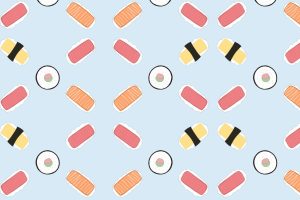Milk Banks for Breast Milk

When it comes to feeding your new baby, breast milk is best for both you and your child. But in some cases—mothers of premature babies, women with a low milk supply or adoptive parents—fully breastfeeding isn’t always a viable option. In these situations, milk banks can help supply or supplement breastmilk to babies who need it.
A human milk bank is a service that collects, screens, processes, and dispenses by prescription human milk donated by nursing mothers who are not biologically related to the recipient infant.
About 2.18 million ounces of breast milk were distributed through the Human Milk Banking Association of North America (HMBANA) in 2011. That was an increase from 1.5 million ounces in 2009 and 1.8 million ounces in 2010. Milk banks typically charge $3-5 per ounce.
Donated milk is heat processed (pasteurized) to remove potentially harmful bacteria and viruses. While pasteurizing milk cannot guarantee all communicable diseases are destroyed, it is comforting to know that there has never been a documented case of an infectious disease being transmitted through milk donated and screened in this fashion.
While there are many informal groups popping up online through social media sites, the safest way to obtain donor breast milk is through an official milk bank. There are currently 12 official HMBANA milk banks in the US, as well as professional sites that screen and test milk before dispensing it.
All milk donors should undergo a screening process that begins with a short telephone interview. Donor mothers must be:
- In good health
Not regularly on most medications or herbal supplements (with the exception of prenatal vitamins, human insulin, thyroid replacement hormones, nasal sprays, asthma inhalers, topical treatments, eye drops, or progestin-only or low dose estrogen birth control products. For other exceptions, please contact a milk bank for more information)
- Willing to undergo blood testing (at the milk bank’s expense)
- Willing to donate at least 100 ounces of milk (some banks have a higher minimum)
- A woman would not be a suitable donor if she:
- Uses illegal drugs
- Smokes or uses tobacco products
- Has received a blood transfusion or blood products (except Rhogam) in the last 4 months
- Has received an organ or tissue transplant in the last 12 months
- Regularly has more than 2 ounces of alcohol per day
- Has a positive blood test result for HIV, HTLV, hepatitis B or C, or syphilis
- Has a sexual partner who is at risk for HIV
- Has been in the United Kingdom for more than 3 months (1980-96)
- Has been in Europe for more than 5 years (1980-present)
Reviewed by Dr. Sara Connolly, December 2018
Sources:
- American Academy of Pediatrics
- Microbial Contamination of Human Milk Purchased Via the Internet. Human Milk Banking Association of North America. Donate Milk.
Powered by Bundoo®










